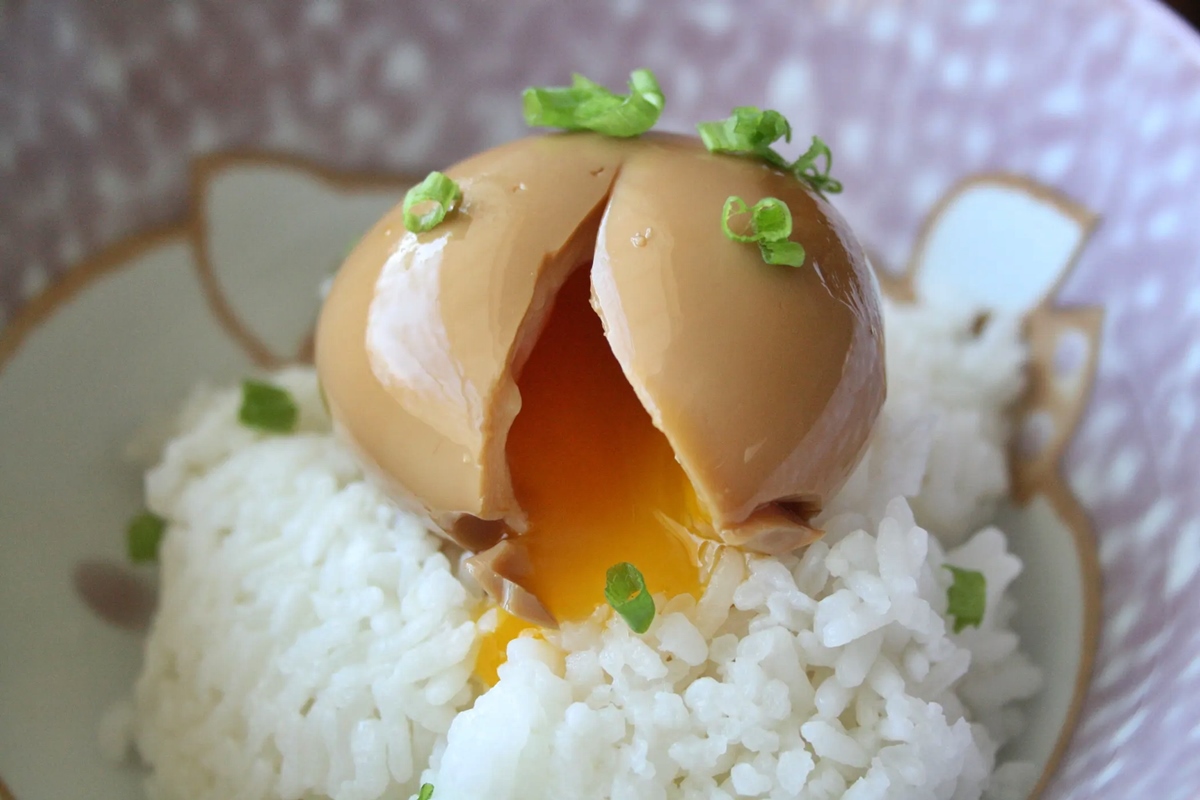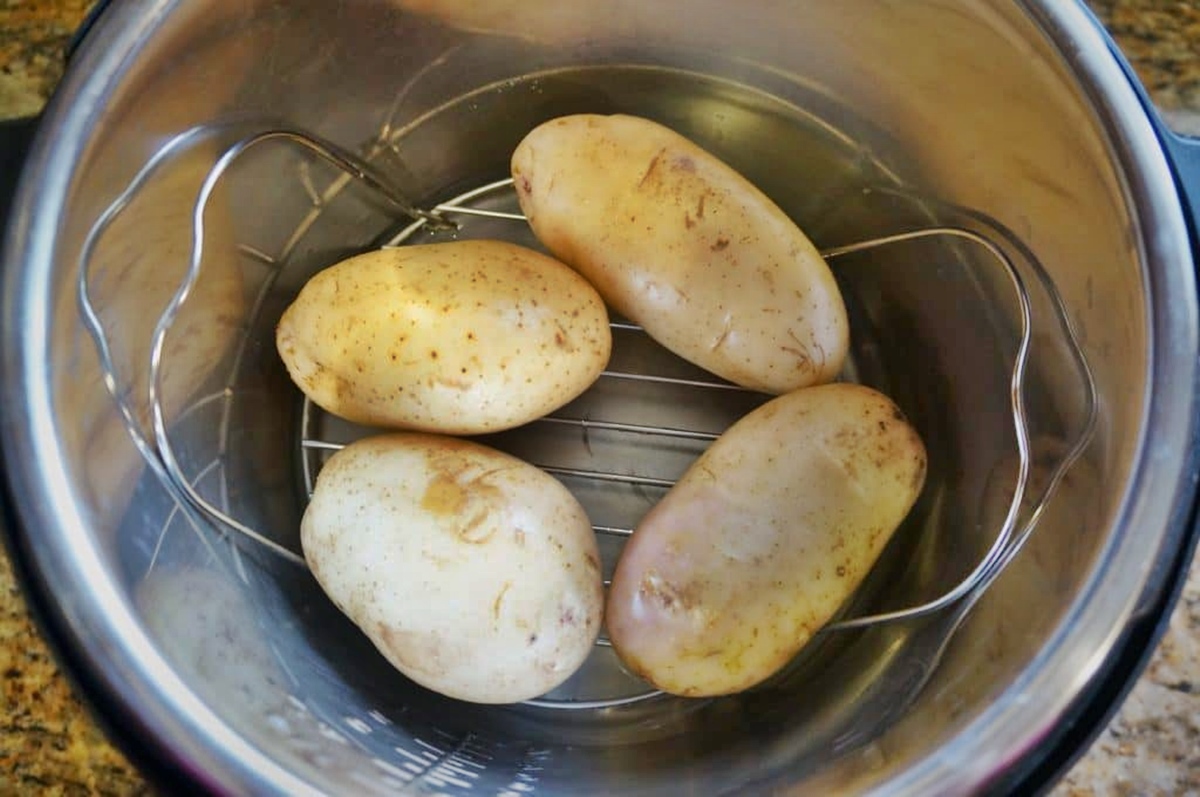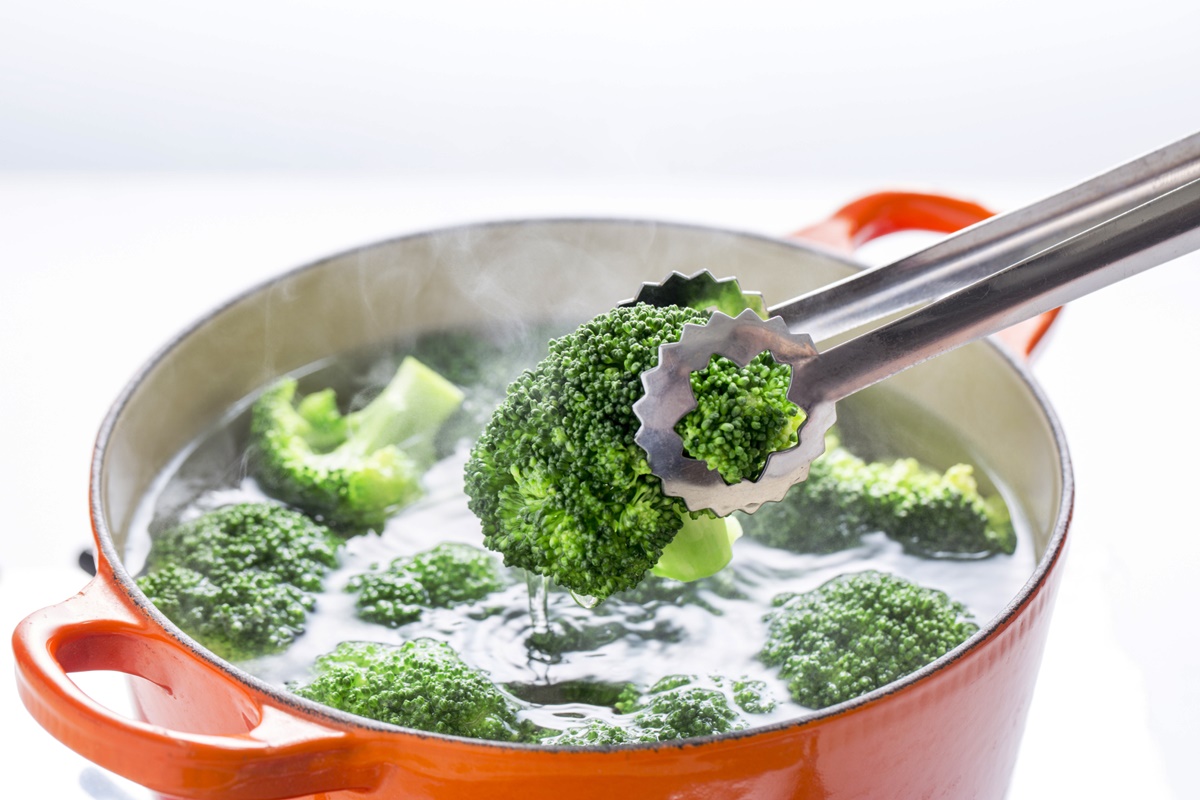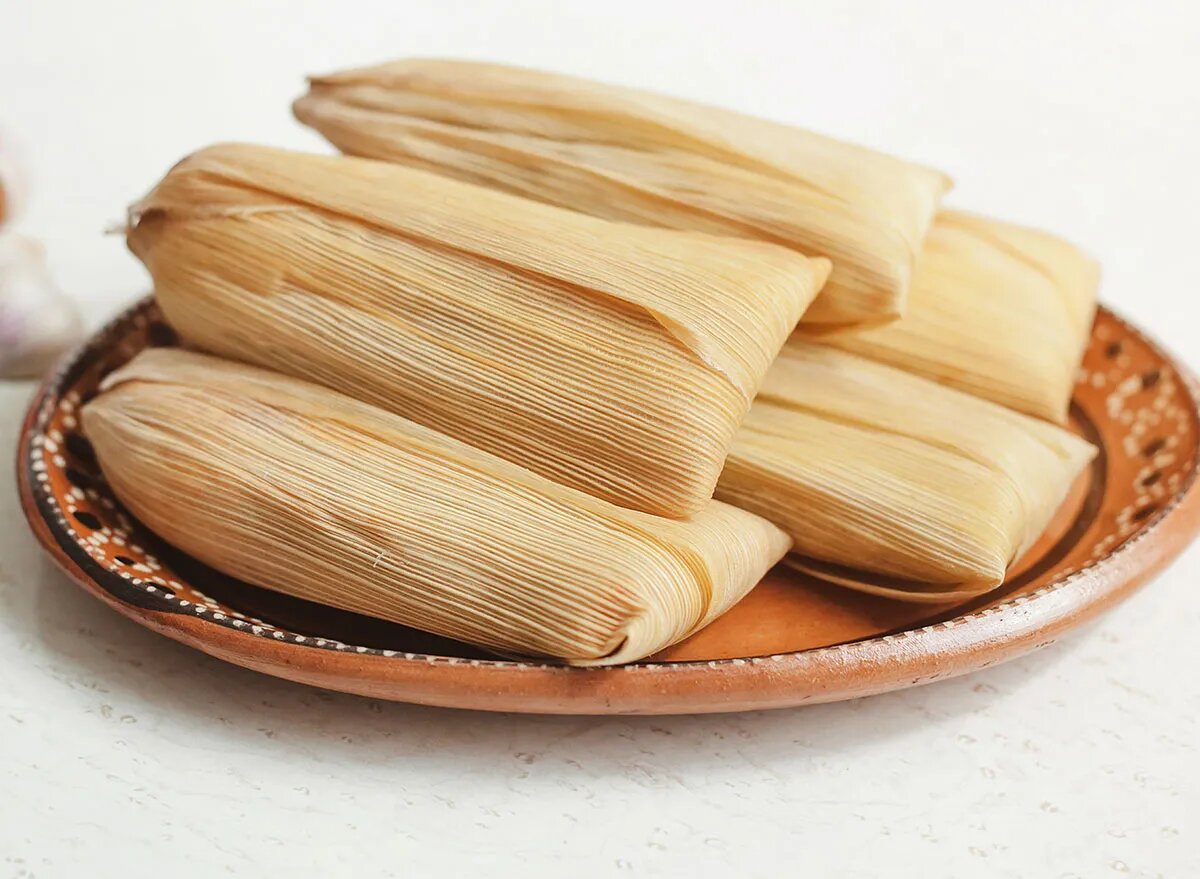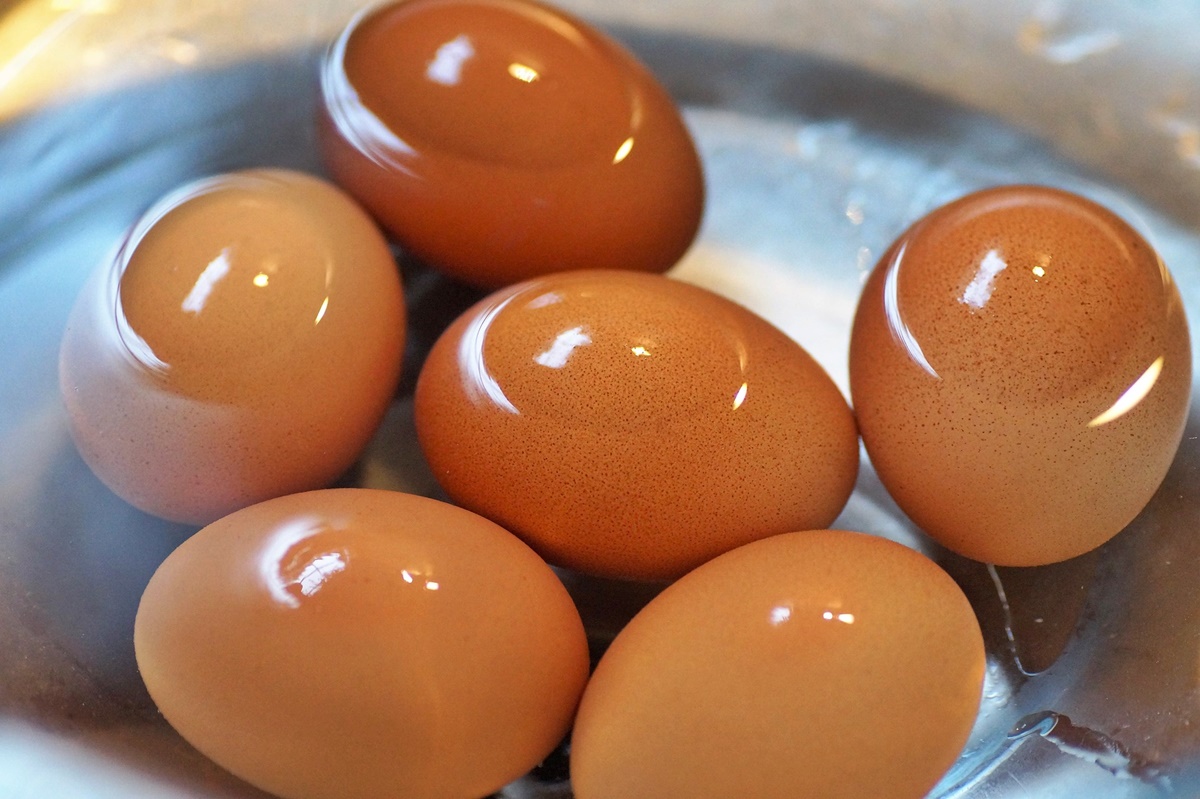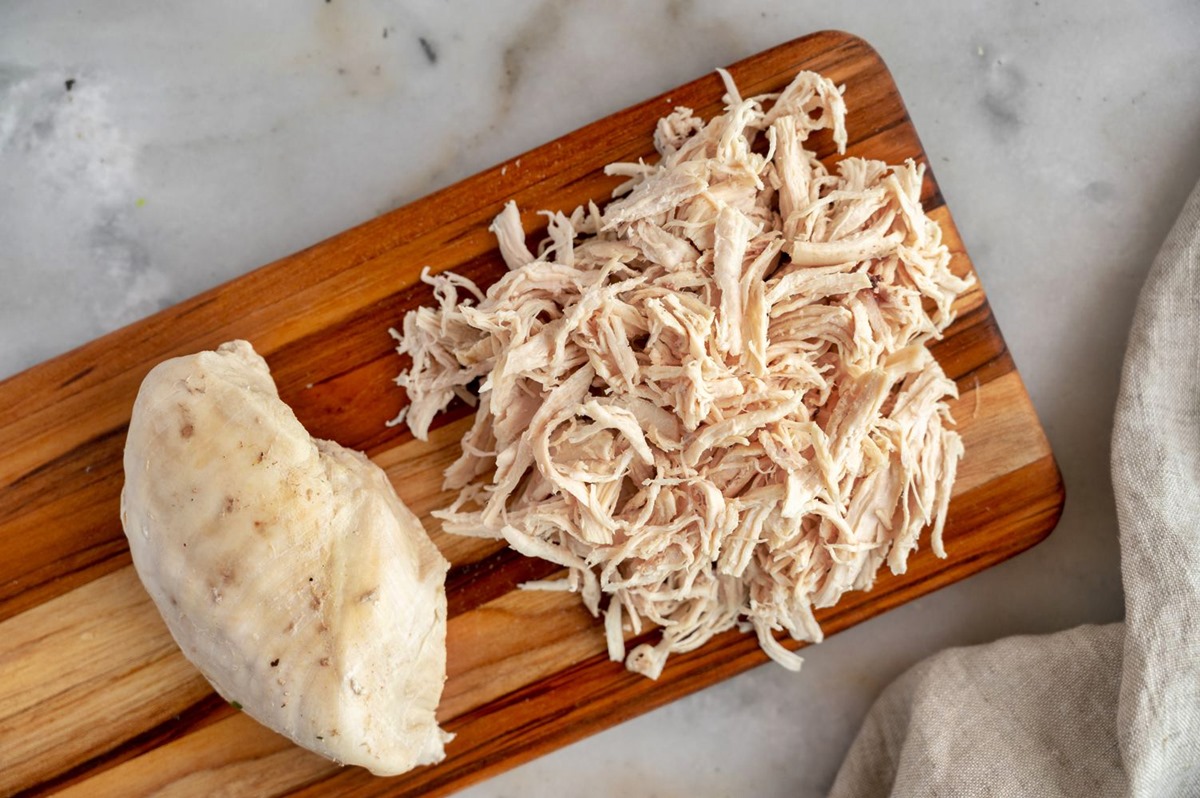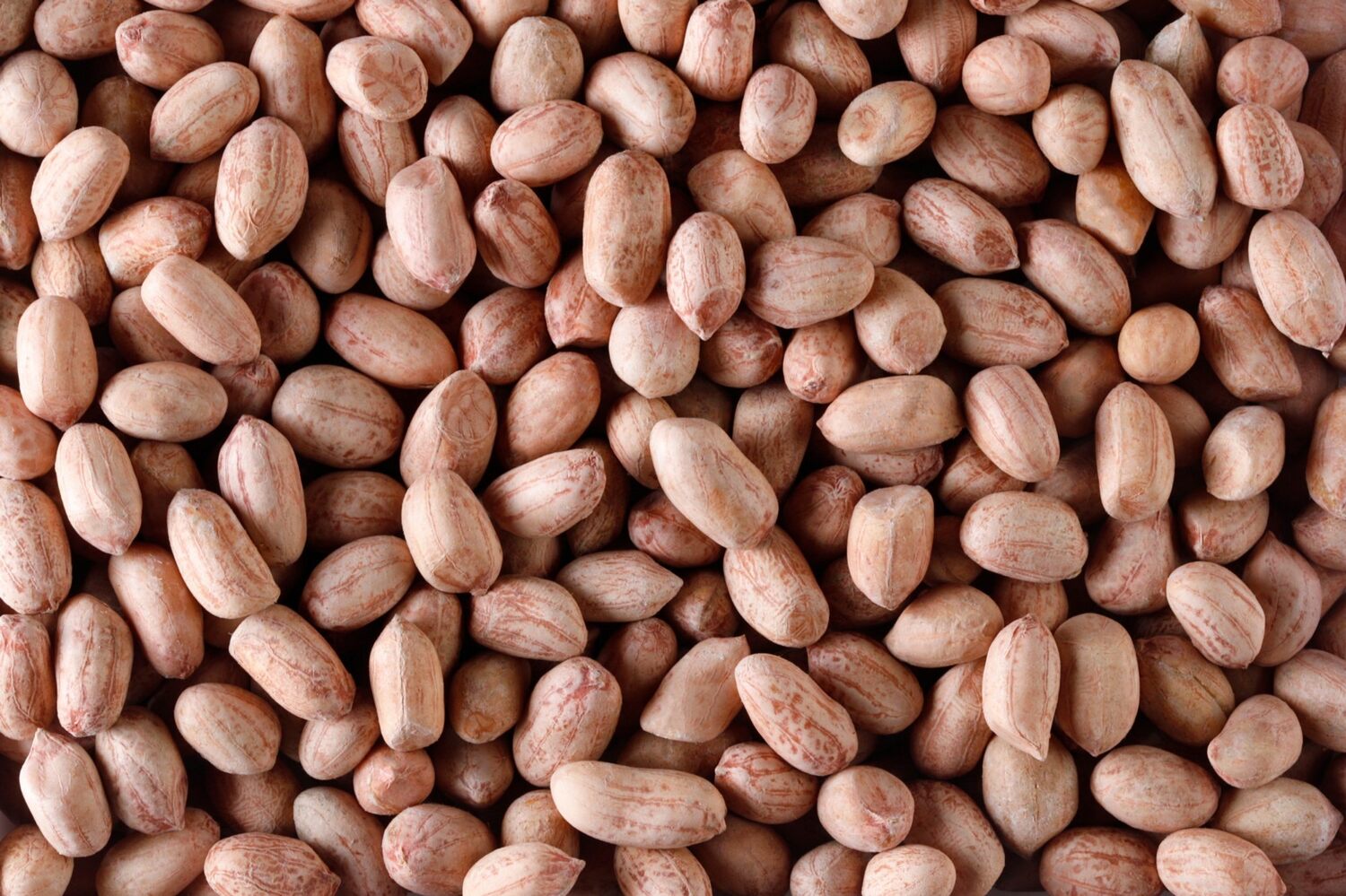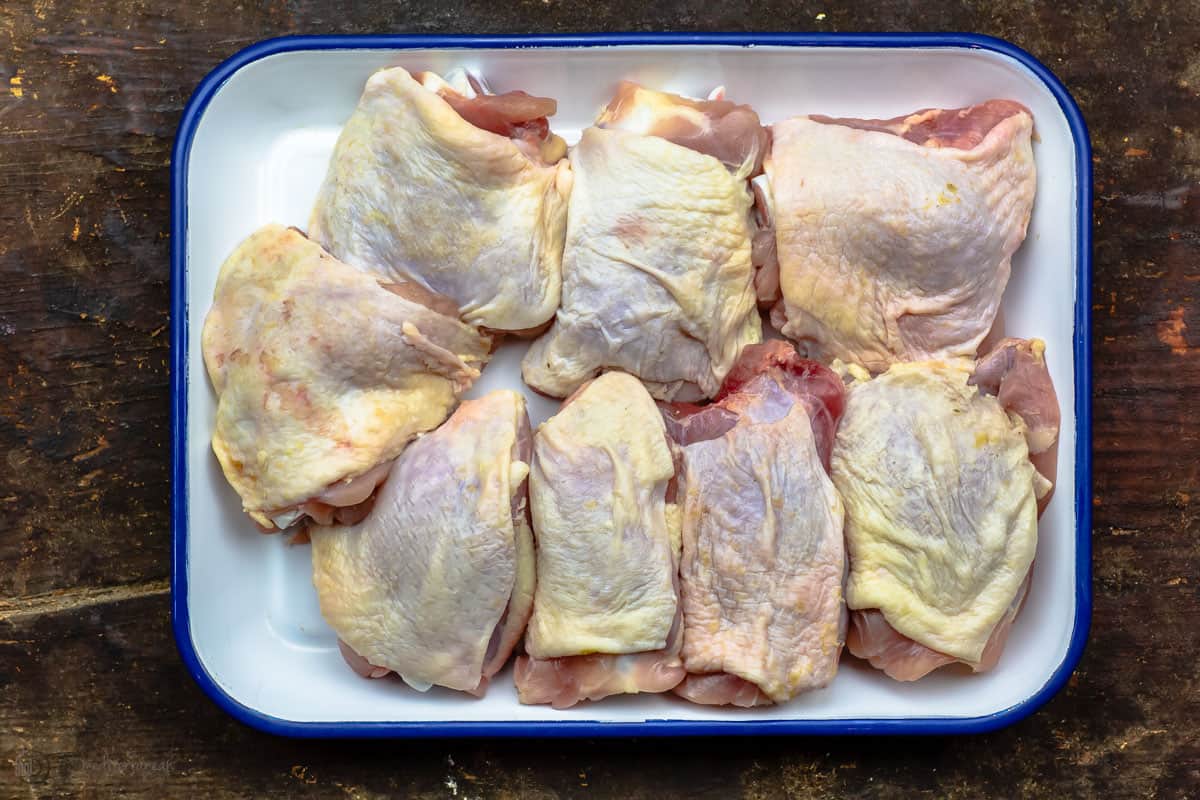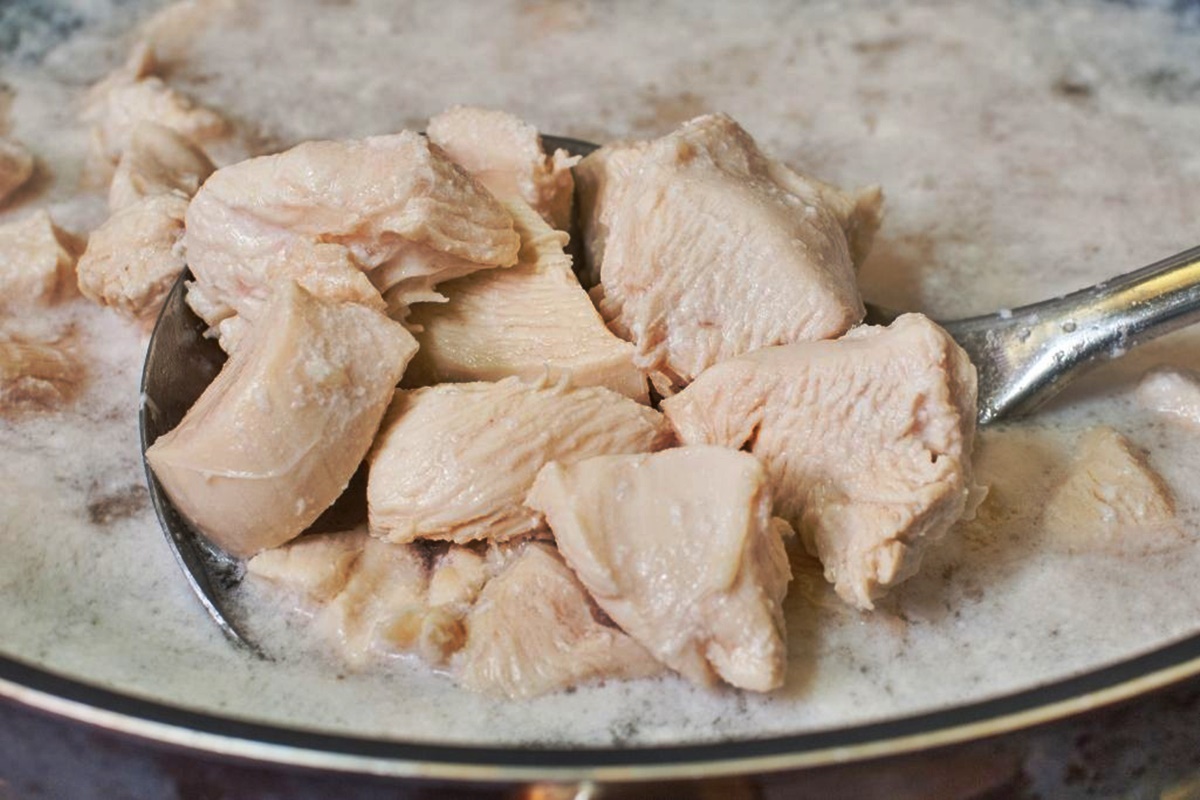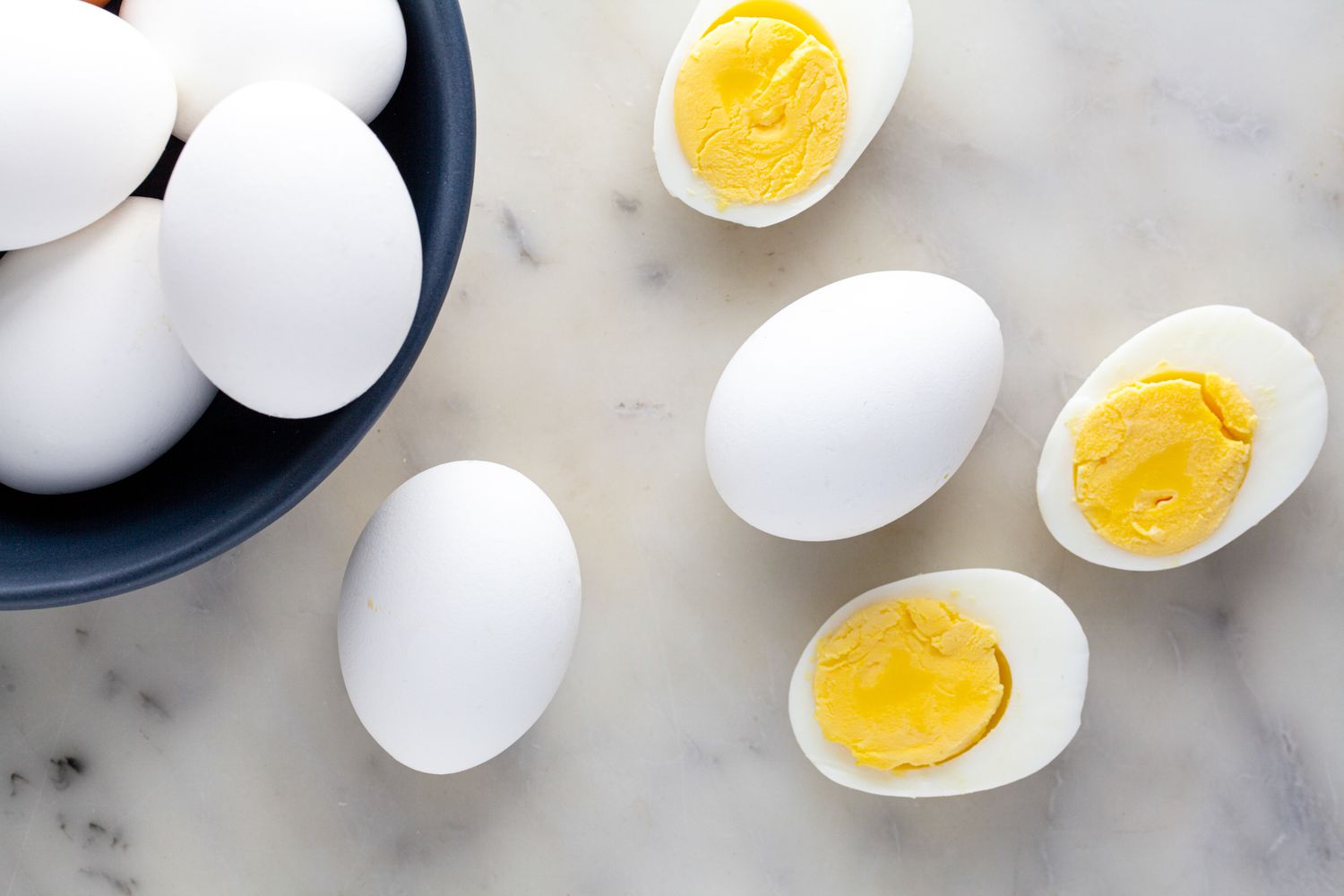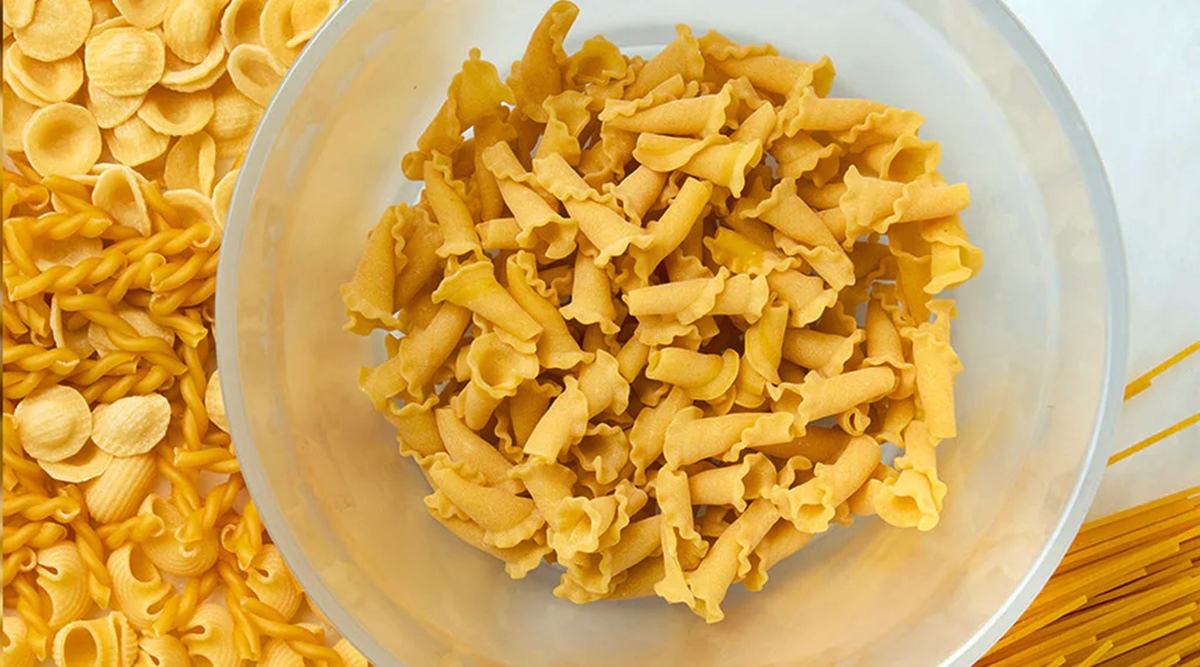How To Boil Easter Eggs Without Cracking: A Foolproof Guide
As Easter approaches, one of the most beloved traditions is decorating Easter eggs. The vibrant colors and intricate designs make for a beautiful display. However, there’s one common issue that many face during this process – cracked eggs. Nothing can be more disappointing than seeing your beautifully decorated egg with a cracking mess. But fear not! We have a foolproof method for boiling Easter eggs without cracking them. Let’s get started!
What causes eggs to crack while boiling?
Before we dive into the boiling process, let’s understand the factors that cause eggs to crack:
- Rapid temperature change: Placing cold eggs directly into hot water can cause them to crack due to the sudden change in temperature.
- Air pockets: Fresh eggs have more air in them, increasing the chances of cracking during the boiling process.
- Uneven heating: Eggs that are not boiled evenly throughout may crack due to the unequal expansion and contraction of the shell.
Step-by-step guide to boiling Easter eggs without cracking
- Start with room temperature eggs: Remove the eggs from the refrigerator and let them sit at room temperature for about 10-15 minutes. This will help reduce the chances of cracking caused by rapid temperature change.
- Use a gentle cooking method: Fill a pot with enough water to cover the eggs completely. Slowly bring the water to a gentle boil instead of a rapid boil. This will ensure even heating and minimize the risk of cracking.
- Add a pinch of salt or vinegar: Adding a pinch of salt or a splash of vinegar to the water can help strengthen the eggshells, making them less prone to cracking.
- Place eggs gently in the water: Use a spoon or tongs to lower the eggs gently into the boiling water. Avoid dropping them in abruptly, as the impact can cause cracking.
- Set a timer: Once the eggs are in the water, set a timer for the desired boiling time, typically around 8-10 minutes for hard-boiled eggs.
- Cool down gradually: After the desired boiling time, remove the eggs from the pot and transfer them into a bowl of ice water. This sudden temperature change will prevent further cooking and help the eggs cool down gradually, reducing the likelihood of cracking.
- Handle with care: When you’re ready to decorate or peel the eggs, handle them with care to avoid any unnecessary pressure or impact that could cause cracking.
Tips and tricks to prevent cracking
- Use older eggs: Fresher eggs have more moisture content, making them more prone to cracking. If possible, use eggs that have been in your fridge for a few days.
- Avoid overcrowding: Make sure not to overcrowd the pot while boiling eggs. Give them enough space to move around and cook evenly.
- Avoid sudden temperature changes: Whether it’s bringing cold eggs to room temperature or transferring hot eggs to cold water, make sure to introduce temperature changes gradually.
- Check for cracks before boiling: Before cooking the eggs, take a careful look for any existing cracks. Cracked eggs should be discarded to prevent any risk of contamination.
By following these simple steps and tips, you can boil Easter eggs without the fear of cracking. Now, go ahead and enjoy the process of decorating your beautiful eggs, knowing they will turn out perfectly!
Using the techniques in this guide, readers can whip up a variety of dishes. They could start with Classic Deviled Eggs for a timeless appetizer or try Egg Salad Sandwich for a quick, satisfying lunch. Cobb Salad with Hard-Boiled Eggs is a great choice for a hearty meal, while Pickled Eggs offer a tangy twist. For something more adventurous, Scotch Eggs provide a delicious, protein-packed snack. Curried Egg Sandwich brings an exotic flair to your sandwich game, and Tuna Salad with Hard-Boiled Eggs adds a protein punch to a classic dish. Potato Salad with Hard-Boiled Eggs pairs well with any barbecue, and Stuffed Eggs with Smoked Salmon are perfect for a sophisticated brunch. For a fresh take, try Asparagus and Egg Salad or Mediterranean Egg Salad. Egg and Olive Tapenade makes a great spread, and Egg and Potato Breakfast Hash is perfect for starting the day right.
Was this page helpful?
Read Next: How To Boil A Chicken Breast For A Dog
